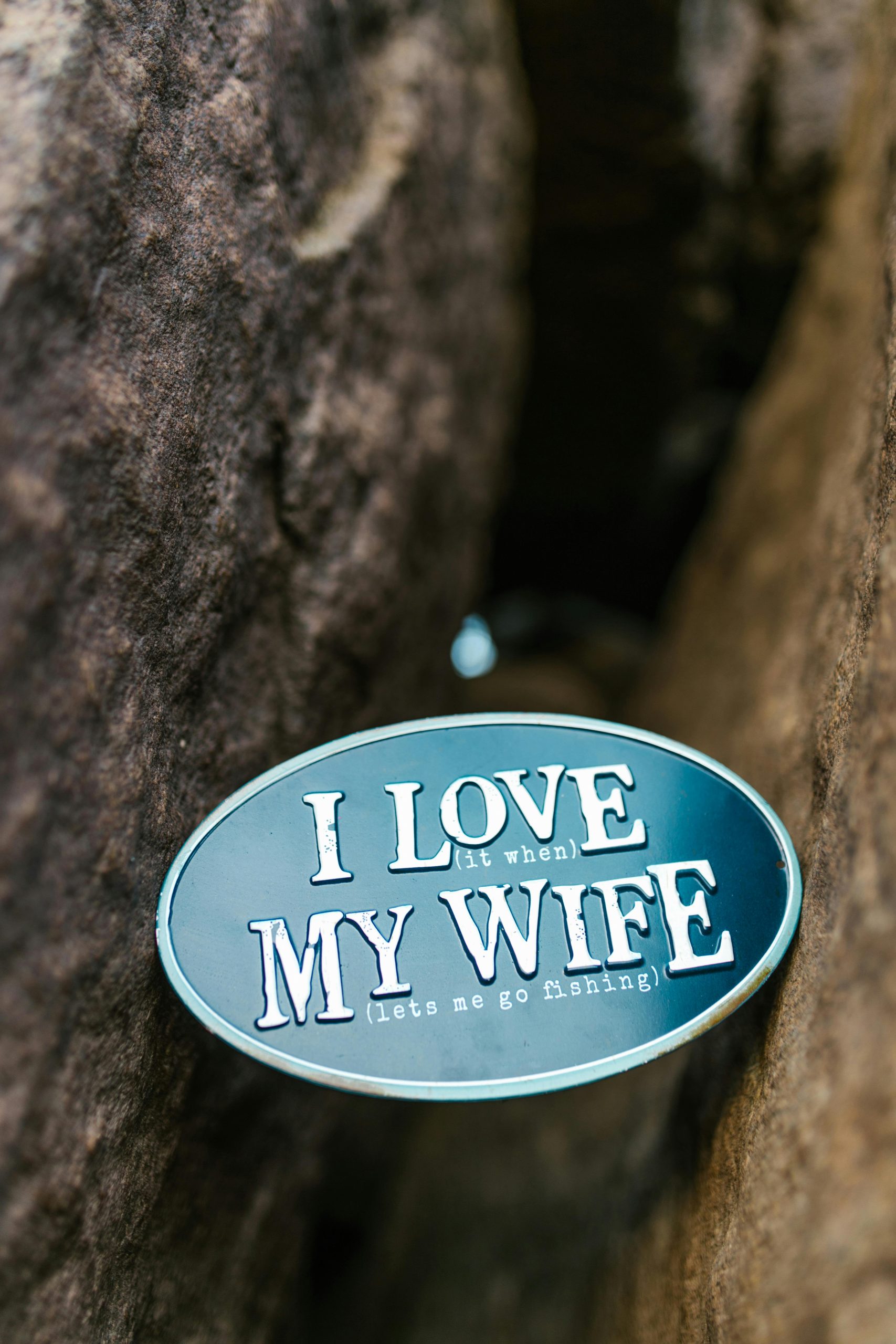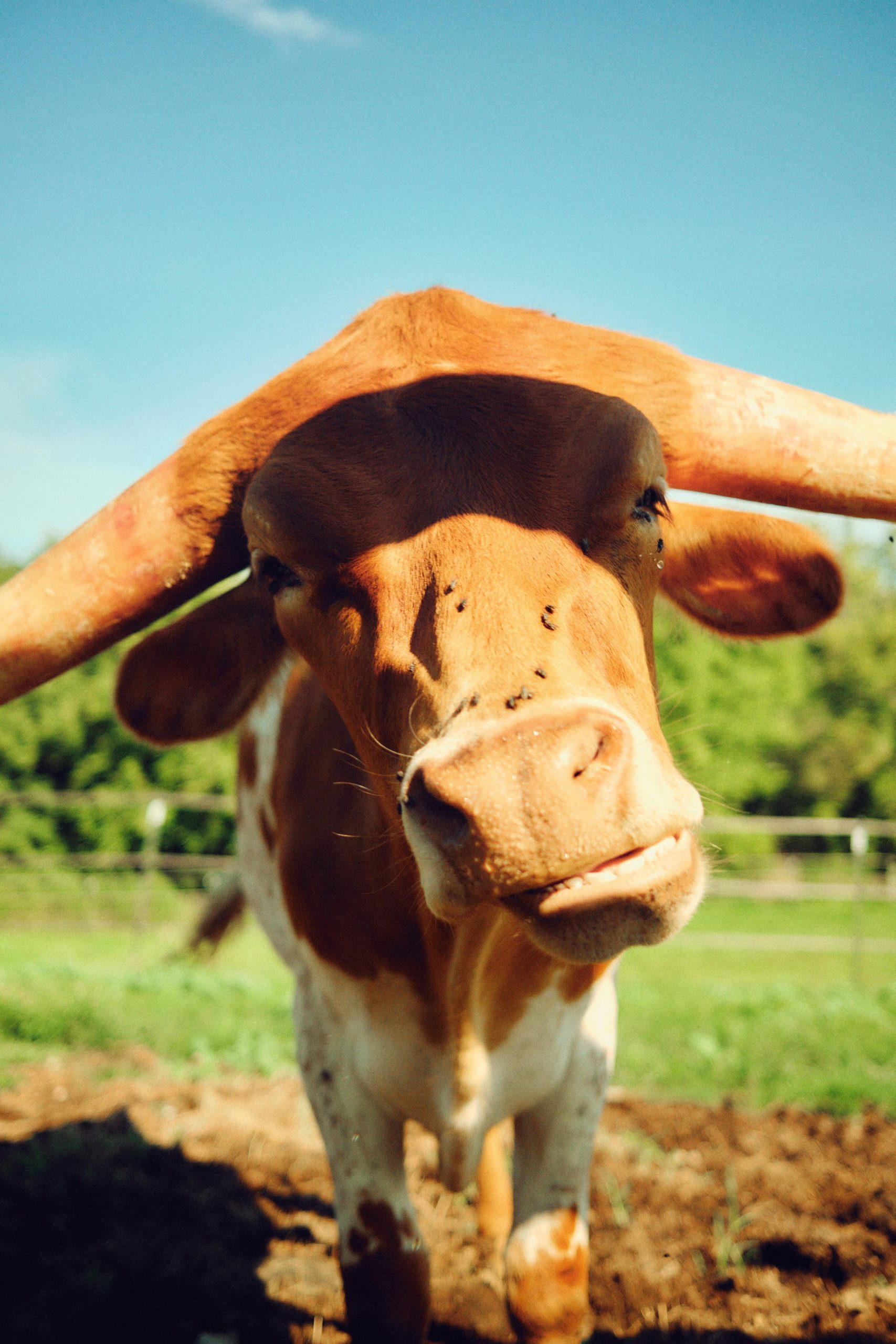Understanding Your Rights and Options After a Driveway Collision: Insurance Considerations and Next Steps
Encountering a vehicle collision in your private driveway can be a stressful experience, especially when it involves parked vehicles and potential damages. If you’ve recently experienced such an incident, you might be wondering about the responsibility and your insurance coverage options. Let’s explore relevant considerations to help you navigate this situation effectively.
Case Overview:
Imagine a scenario where two unoccupied vehicles collide within a residential driveway. In this case, a 2017 Ford Expedition was parked on your property, and a family member’s vehicle, a 1974 Ford F100 work truck, was also parked nearby. The younger driver exited his vehicle, which was parked uphill from the Expedition. As he stepped out, the truck—disengaged from the gear—began rolling backward and struck the front corner of your SUV.
Key Details:
– The truck is a vintage project vehicle, licensed and insured, with a 20-year-old driver on his mother’s insurance policy.
– The Expedition sustained damages, including a flat tire, bumper, headlight, and possible suspension-related issues, with an estimated repair value between $12,000 and $14,000.
– The F100 incurred only minor scratches.
– Your insurance policy includes broader collision coverage with a $1,000 deductible.
– The incident occurred in Wayne County, Michigan, a region with specific legal and insurance regulations.
Legal and Insurance Considerations:
1. Liability and Fault
Generally, if a vehicle is stationary but begins rolling and causes damage, liability often falls on the vehicle’s owner or operator. Even if the driver exited the vehicle, property damage resulting from the vehicle’s movement may be considered their responsibility, especially if negligence in securing the vehicle is evident.
-
Insurance Coverage
Since both vehicles were parked and unoccupied at the time of the incident, your insurer may or may not cover the damages, depending on your policy specifics and whether the vehicle was stored securely. Typically, auto insurance policies cover damage caused by a vehicle under the owner’s control, including accidents involving parked vehicles that move unexpectedly. -
Homeowners Insurance Involvement
Fire and property damage in a driveway accident can sometimes be covered under your homeowner’s policy, especially if the damage extends to your property or if the incident is deemed a general liability matter. However, claims involving vehicles are often processed through auto insurance, and coverage may vary based on the



